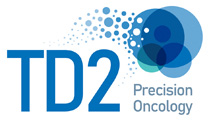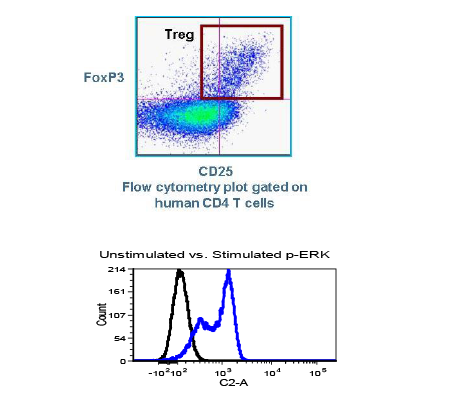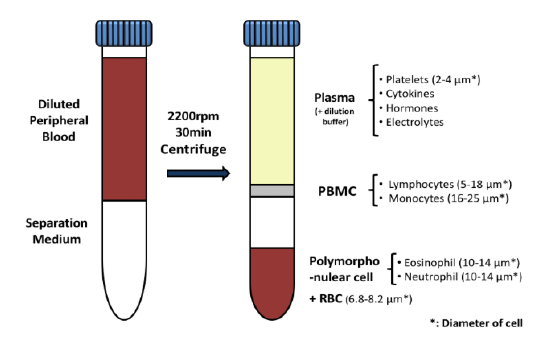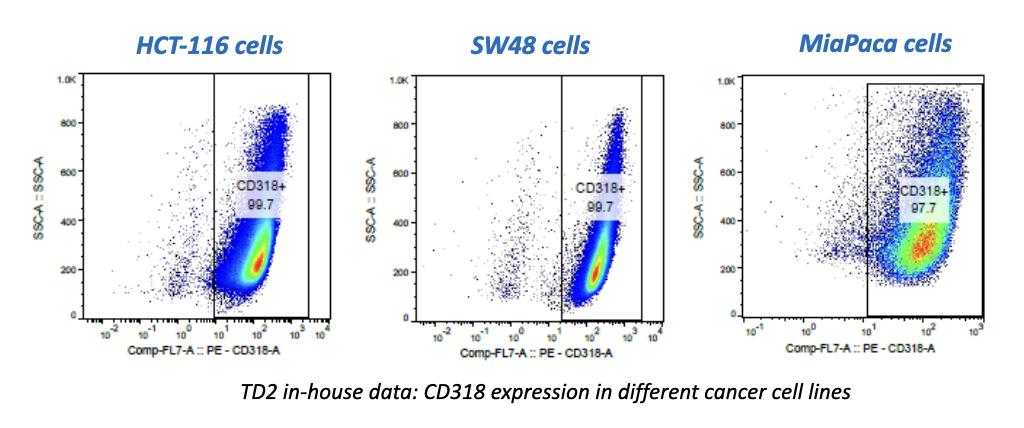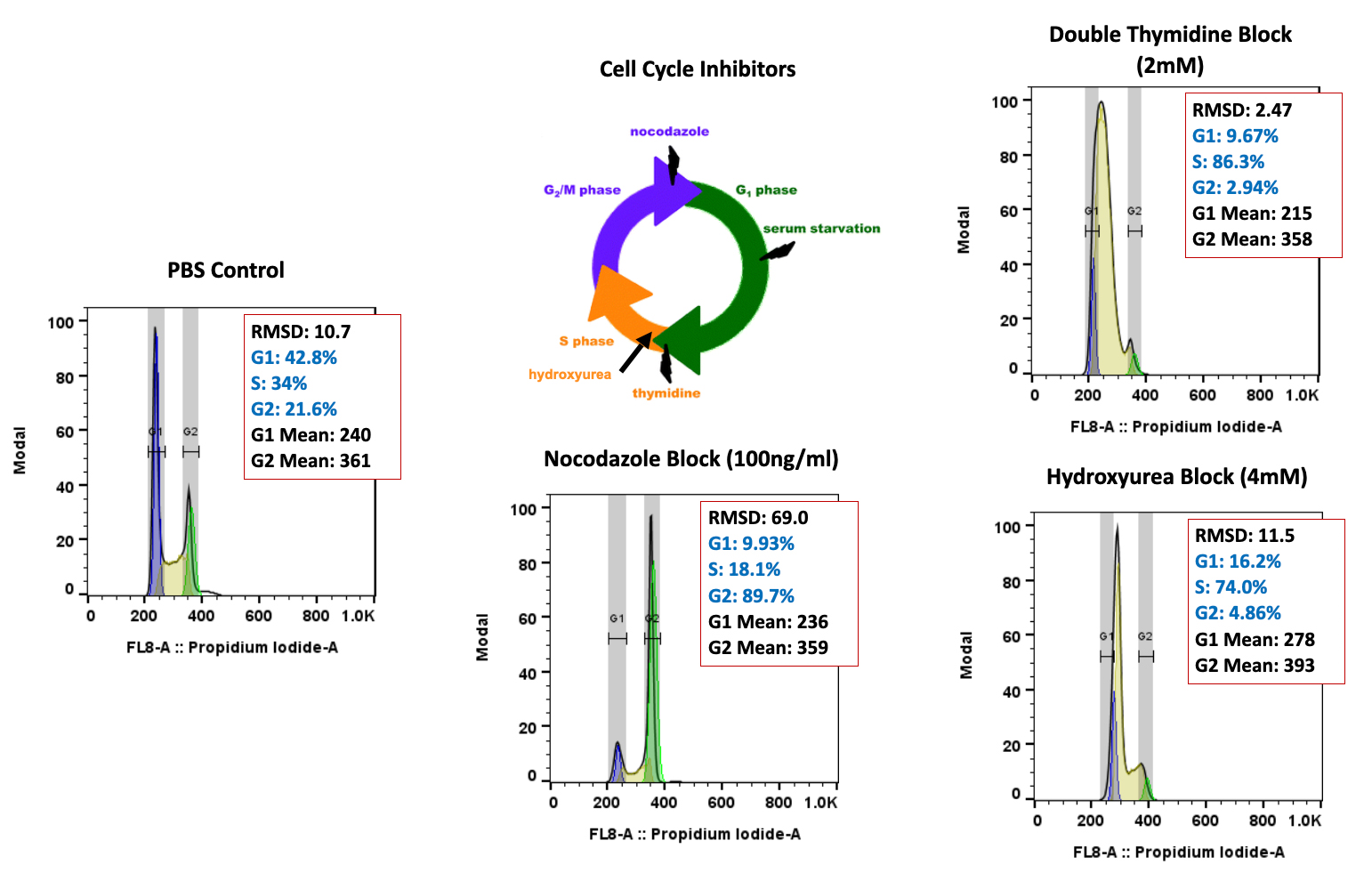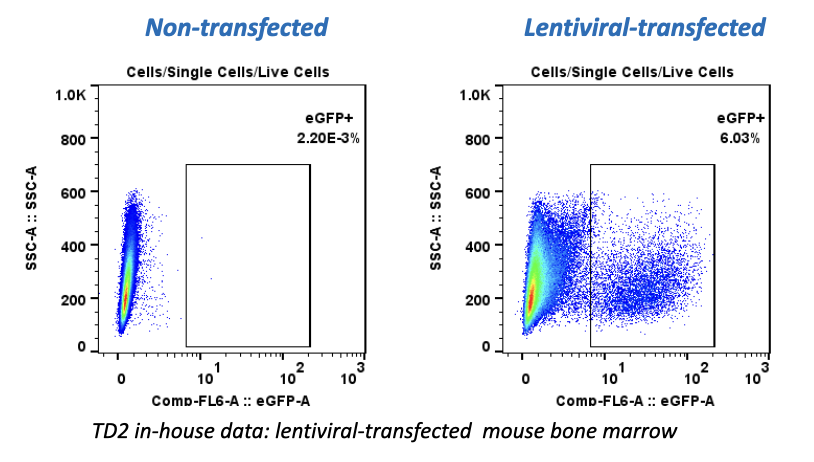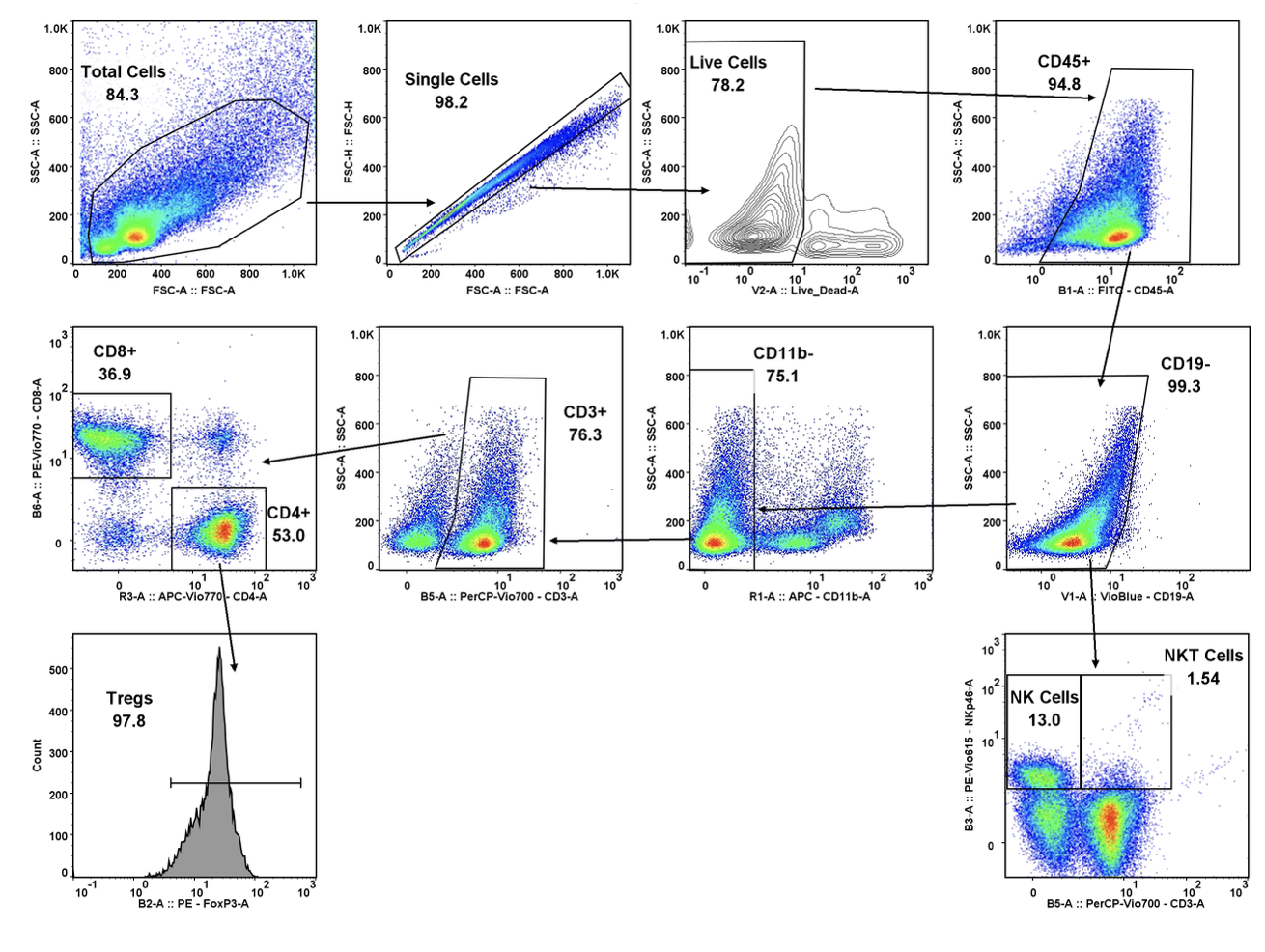The role of the National Cancer Institute (NCI) with respect to investigational drugs is that of a sponsor. NCI acts as a sponsor to many, but not all, investigational drugs moving through the FDA approval process. NCI acts as a gatekeeper for all the physicians who are participating in clinical trials for the investigational drug, and any physician wishing to obtain the product for a patient under special exemption must first obtain approval from NCI.
The physician’s request to the NCI has to obtain the following important patient information:
- Age
- Sex
- Cancer diagnosis
- Date of diagnosis
- Previous oncology therapies tried
- Current clinical status
- Intended dose of the investigational drug
- Schedule of the requested investigational drug
- Relevant laboratory data
- Any concomitant cancer drugs that could be implicated in a drug-drug interaction
Having all of this information helps the NCI be sure that safety standards for each patient are upheld.
NCI and Investigational Drugs: The Role of Research
Cancer research today is steadily moving toward precision medicine where oncology therapies are designed based on the molecular makeup of the tumor, rather than the tumor’s location in the body. To support this shift, NCI provides funding for investigations and trials by developing partnerships for both pharmaceutical companies and research organizations. These partnerships have allowed NCI the opportunity to test FDA-approved oncology therapies alongside investigational products.
Additionally, NCI maintains a database, called the PDQ database, to track the status of ongoing studies. Patients and physicians alike can consult this database for any questions they may have concerning investigational drug products. NCI’s Cancer Trials website, along with information specialists at NCI’s Cancer Information Service at 1-800-4-CANCER (1-800-422-6237), are also available to provide further information.
TD2, a world-class drug development service specializing in getting the most innovative and best oncology treatments to patients in need, can also serve as a resource.
